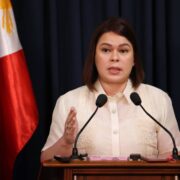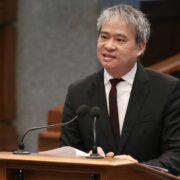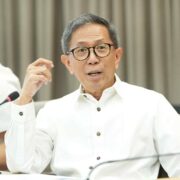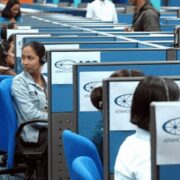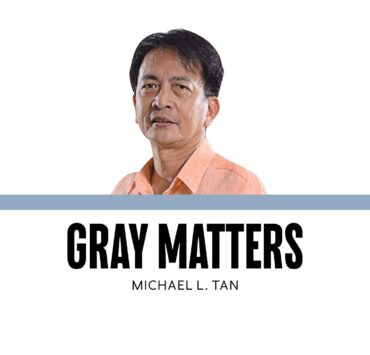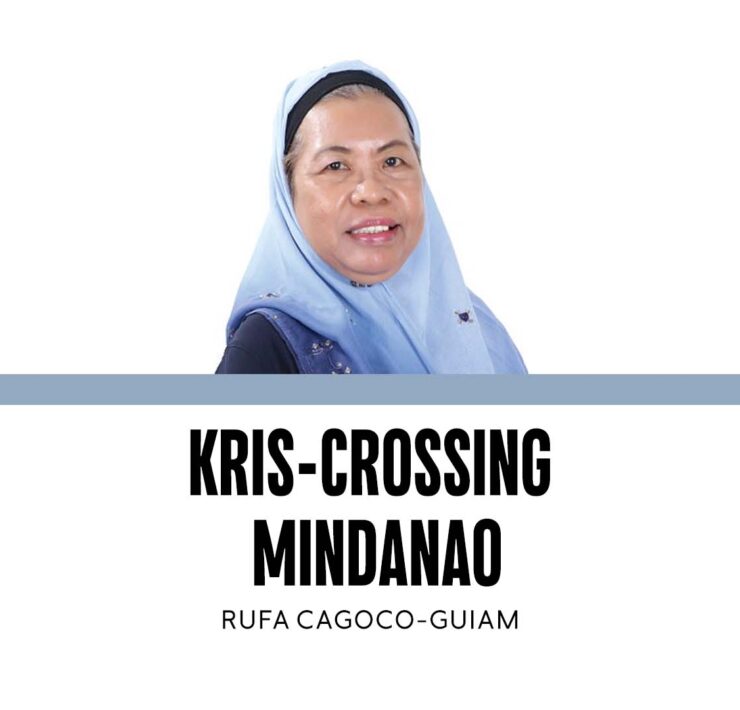Who’s afraid of Sara Duterte?
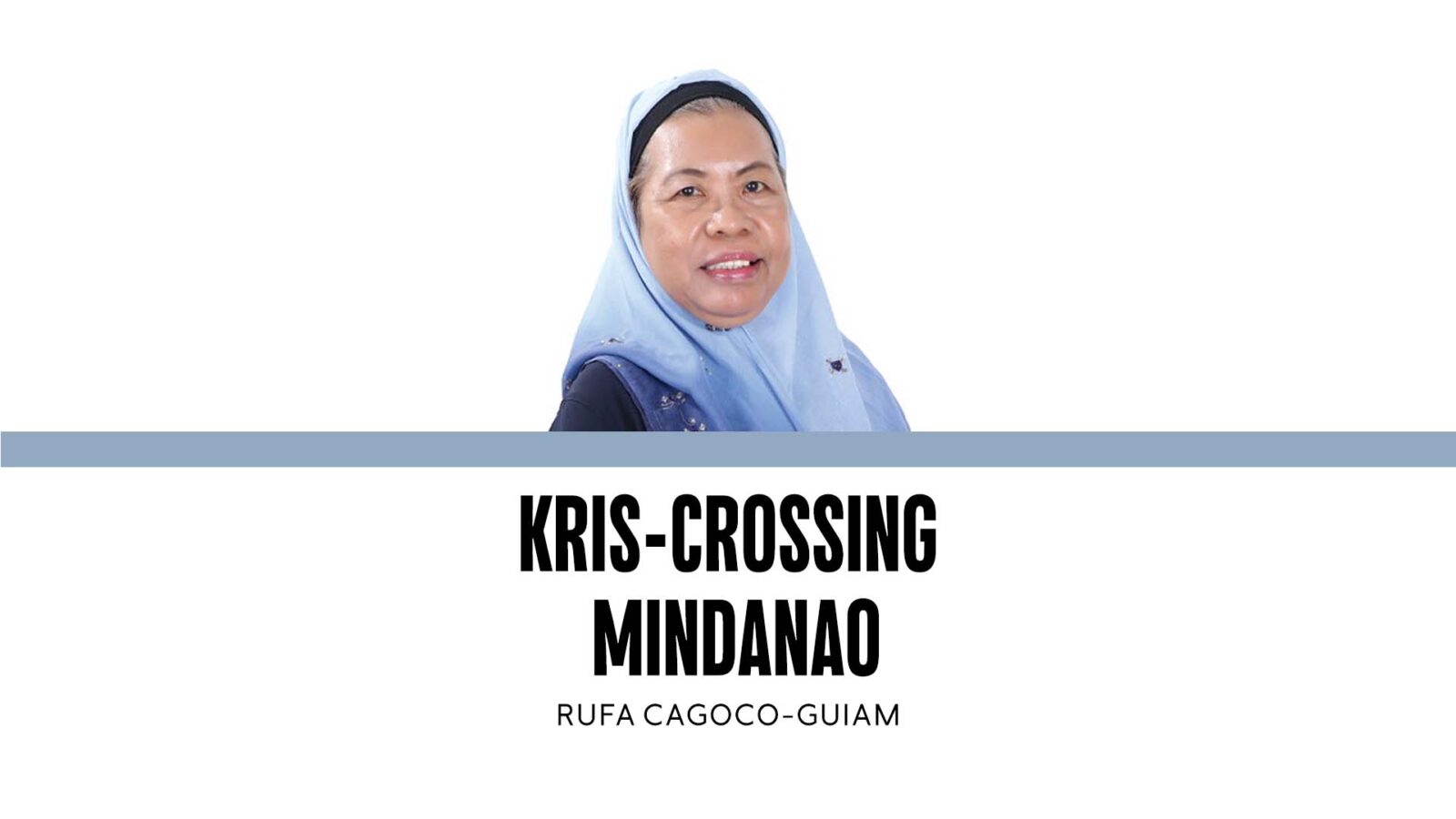
No, this is not another pun on the celebrated three-act play staged on Broadway in 1962 that garnered the New York Drama Critics’ Circle Award for best play. This is the famous “Who’s Afraid of Virginia Woolf?” whose title was a pun on the children’s song, “Who’s Afraid of the Big Bad Wolf?” The author, Virginia Woolf (1882-1941), was one of the most influential English 20th-century modernist authors whose ideas were far ahead of her time.
The play and film did not tackle anything about Woolf’s life, but instead focused on a series of incidents that surfaced a deep marital strife between two couples.
This title seems apropos at this stage in our turbulent political history for several reasons. First is the fact that before he became president, Ferdinand Marcos Jr. and now Vice President Sara Duterte played sweet political music together like they were the new leadership “couple” that could bring about a “Bagong Pilipinas” (new Philippines). From the period of their aggressive political campaign to the first two years of their administration, they were indeed a happy tandem, claiming to bring together their self-acclaimed strengths as the second generation of two of the country’s biggest political dynasties—the Marcoses and the Dutertes.
This purported “new regime” of making the Philippines rise among its equals in the Southeast Asia region was supported by an elaborate set of typical political rhetoric, with newly crafted slogans and symbols. These icons are now etched in our newly minted monetary paper denominations, and in those of other important agencies like the Central Bank, and all other Philippine bureaucratic offices, from the national to the local government levels.
However, all these did not match the socioeconomic and political realities that took place within the first three years of the rule of the Marcos-Duterte tandem.
Like all marital arrangements based on a material transaction, the erstwhile happy “couple” became estranged, with the bitter word war between them reaching toxic levels. Theirs was not an ordinary “marital” strife: it was the consequence of a union that had no strong foundational elements to speak of. Perhaps the only common thing about them was that they mirrored each other’s avaricious agenda in perpetuating themselves and their families in power.
Like two transactional agents wanting to up the ante with each other, Mr. Marcos and the VP soon exchanged threats, with the more vociferous VP seemingly gaining wider ground, using the usual strategies in her father’s playbook, except perhaps for spewing cuss words and expletives (in public).
The VP showed her father’s brand of obstinacy when she faced wide criticism about her seeming disregard for basic rules of etiquette, and even for standard operational procedures when she was called to attend investigations into the anomalies in the (mis)use of millions of funds lodged with her former office as the Department of Education secretary. She was on a warpath, exploding verbal bombs like she was the most powerful woman in the country.
Lately, the VP has made repeated pronouncements that she should be allowed to travel to different parts of the world where there are Filipino migrant workers, because that is her “mandate.” She rationalized that she is on a mission to protect the Filipino constituents who are working abroad. She claims that they need to be protected from the kind of leadership (or none, as she insinuates) of her former political ally, Mr. Marcos.
Ordinary Filipino government workers need to secure a travel permit/authority signed by their principals before they can fly out of the Philippines. The approval of the travel order must be based on a clear itinerary of travel, the purpose of the travel, and whether there are enough funds for the travel to be authorized as “official.” Yet the VP gets away with a travel authority from Malacañang even without a clear agenda of what she is going to do on her purported “official” travels.
When the VP called out the Presidential Communications Office for claiming that she traveled without a travel order, calling it “political scapegoating,” PCO spokesperson Claire Castro denied that she had said this. She only mentioned that she and the Office of the President did not know of the VP’s Aug. 8 trip to Kuwait. Castro clarified that the OP will always afford the VP her “option to travel abroad.”
Are the VP’s travels really part of her mandate? Is the OP scared of what the VP would do if not given a signed travel order? Why can’t the OP or Mr. Marcos not sanction her if the requirements for an application for official travel abroad are not met? Does the VP have some aces up her sleeve to hold Malacañang hostage to her “option” to travel abroad at her every whim?



